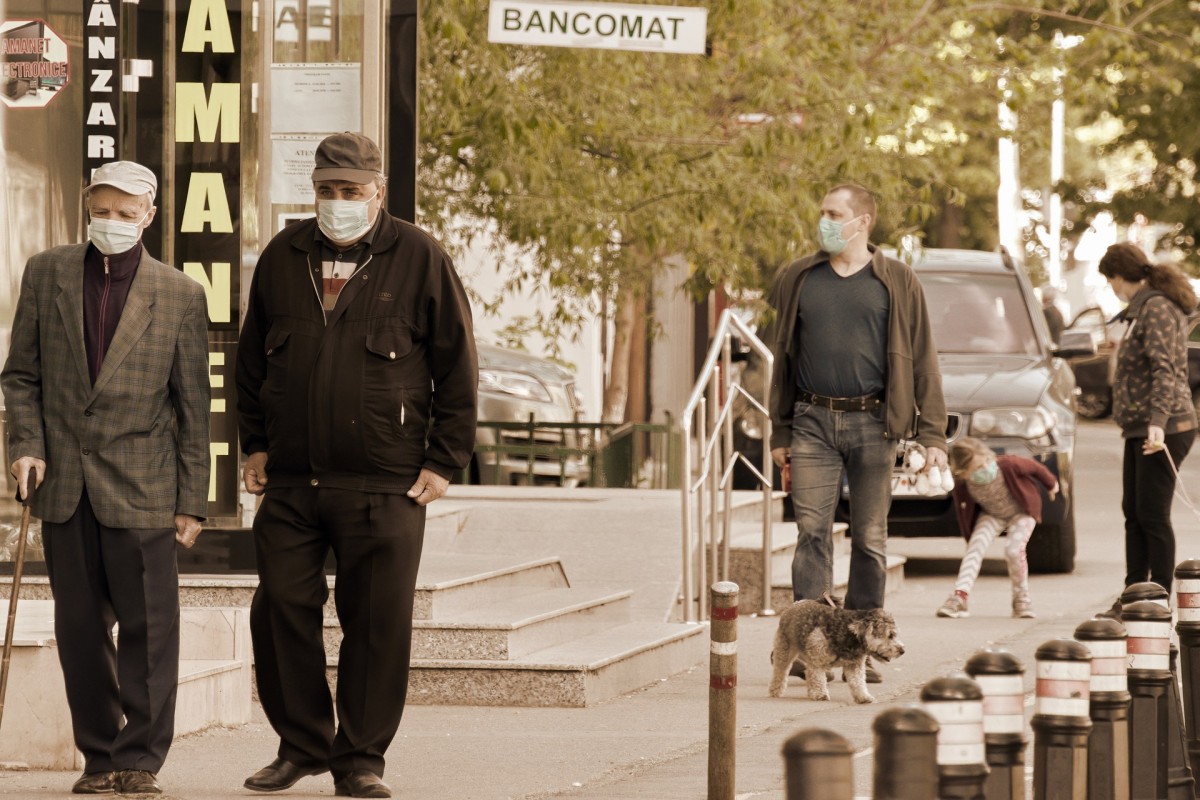Six out of ten French people admit that they have flouted lockdown rules since it was reimposed across the country in an effort to flatten the ballooning COVID-19 curve.
In a survey conducted a week after France’s second national lockdown came into force on October 30 and released last week, 60 per cent of respondents admitted they have not respected at least one of the restrictions — a 27 percentage point increase from the first lockdown.
“In view of the results, we can clearly see that the French risk having more difficulty in living through this second lockdown, due in part to a seasonality effect: seasonal depressions typically appear more in November, a period when the luminosity decreases. at the same time as social relations,” Francois Kraus, the head of political analysis at pollster Ifop said.
France is one of the EU’s most severely-hit country with more than 44,200 COVID-19 deaths recorded since the beginning of the pandemic — just below Italy’s death toll of 44,683.
To slow the surging numbers of cases and hospitalisations before the winter, the government reimposed a month-long national lockdown at the end of October with French citizens once more required to justify their every move outside their house on a form.
Bars, restaurants, and gyms were forced to close to the public again and authorities stressed that private gatherings at home were also prohibited.
Ifop’s survey for Consolab revealed that nearly a quarter of the 2,030 respondents— 23 per cent — have either welcomed their relatives at home or visited them at theirs. A fifth have also hosted or visited friends at home.
The rule most likely to be flouted however was to lie on the form with 24 per cent of respondents saying they had done so.
According to figures from the Interior Ministry, more than 72,200 fines were issued in the first week of the second national lockdown to people not respecting the rules. Two weeks into the first lockdown, in the spring, more than 350,000 had been handed out.
euronews.com
pixabay
















